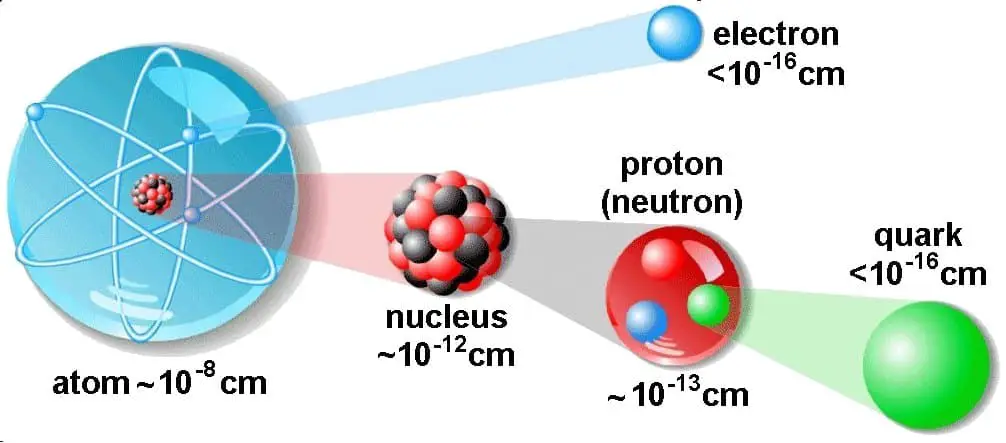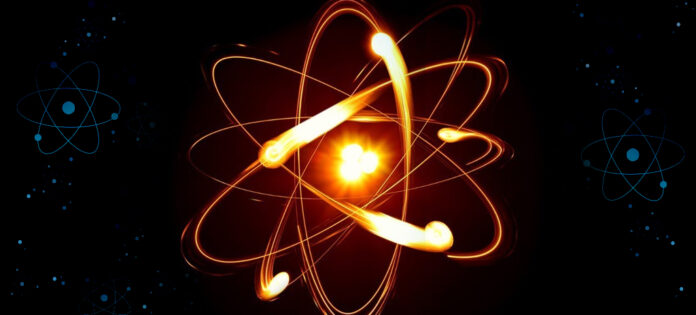Introduction
Nuclear theory is a fascinating field of study that explores the fundamental properties, structure, and behavior of atomic nuclei. It delves into the mysterious world of subatomic particles, nuclear forces, and the processes that govern nuclear reactions. In this article, we will delve into the intricacies of nuclear theory, its significance in understanding the nature of matter, and its applications in various scientific domains.

Understanding the Atomic Nucleus
The Composition of Atomic Nuclei
Atomic nuclei are composed of protons and neutrons, collectively known as nucleons. Protons carry a positive charge, while neutrons are electrically neutral. The number of protons determines the atomic number of an element, while the total number of nucleons determines its mass number.
Nuclear Forces
Nuclear forces are the interactions that bind protons and neutrons together in the nucleus. These forces are incredibly strong and act over very short distances. The strong nuclear force, mediated by particles called gluons, overcomes the electrostatic repulsion between positively charged protons, keeping the nucleus stable.
Nuclear Reactions
Nuclear reactions involve changes in the composition of atomic nuclei. They can occur through processes such as radioactive decay, nuclear fission, and nuclear fusion. Nuclear theory provides insights into the mechanisms and dynamics of these reactions, enabling scientists to understand the release of energy, the formation of new elements, and the behaviour of nuclear particles.
The Significance of Nuclear Theory
Advancing Fundamental Physics
Nuclear theory plays a vital role in advancing our understanding of fundamental physics. By studying the properties of atomic nuclei and the interactions between nucleons, scientists gain insights into the fundamental forces and particles that govern the universe. It contributes to the development of theories such as quantum mechanics and quantum field theory.
Nuclear Astrophysics and Cosmology
Nuclear theory has significant implications in astrophysics and cosmology. It helps explain the processes that occur in stars, such as nuclear fusion, which powers their luminosity. Additionally, it sheds light on the production of elements in stellar nucleosynthesis, providing insights into the origin and abundance of elements in the universe.
Nuclear Energy and Technology
Nuclear theory plays a crucial role in the development and understanding of nuclear energy and technology. It underpins the principles of nuclear power generation, where controlled nuclear reactions release large amounts of energy. Nuclear theory also contributes to nuclear medicine, nuclear imaging techniques, and the design of nuclear reactors.
FAQs about Nuclear Theory
Q1: How does nuclear theory relate to particle physics?
Nuclear theory and particle physics are closely interconnected. Particle physics explores the fundamental particles and forces in the universe, including those involved in nuclear interactions. Nuclear theory contributes to our understanding of these particles and their behavior within atomic nuclei.
Q2: Are there practical applications of nuclear theory?
Yes, nuclear theory has practical applications in various fields. It underpins nuclear power generation, contributes to nuclear medicine techniques such as radiotherapy and imaging, and aids in the development of advanced materials for nuclear technology.
Q3: How do scientists study and test nuclear theory?
Scientists study and test nuclear theory through a combination of experimental techniques, theoretical calculations, and computer simulations. Experimental data from particle accelerators, nuclear reactors, and other sources are compared with theoretical predictions to validate and refine nuclear models and theories.
Conclusion
Nuclear theory unlocks the mysteries of the atomic nucleus, providing insights into the fundamental properties and interactions of atomic nuclei. It plays a crucial role in advancing our understanding of the universe, from fundamental physics to astrophysics, cosmology, and nuclear technology. By unraveling the secrets of the atomic nucleus, nuclear theory paves the way for scientific advancements and applications that shape our modern world.
============================================


